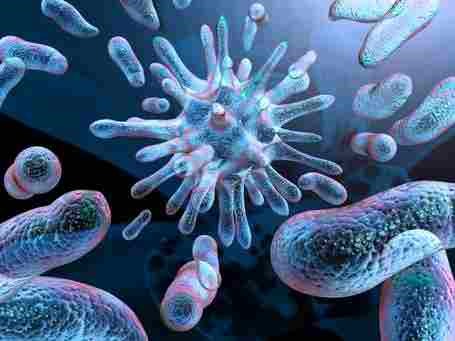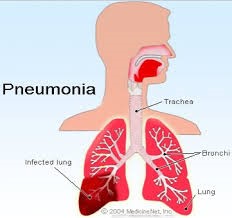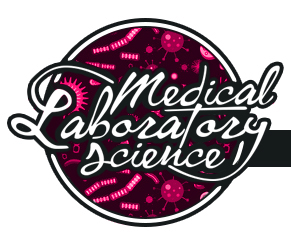Bacteriology
One of the most known microorganism in our surroundings is bacteria. Bacteriology is the study about bacteria. They populate the air, the water, the soil, and have even evolved intimate relationships with plants and animals. Without microbes, life on earth would cease (Davidoliver, 2003). Bacteria are single-cell and they divide through binary fission: a type of asexual production. The size of bacteria differs them to other microorganisms. It sis said that in one virus can have a multiple bacteria in terms of size. The shapes of it also distinguish them in classifying according to their genus and species.

There are bacteria that are called pathogenic. Pathogenic is a medical term that describes, bacteria, virus and other types of microorganisms that may cause disease. According to the Davis et al.(1996), medically bacteria is the major cause of disease. In line with this, bacteria can spread rapidly. Example of pathogenic bacteria are:
- Mycobacterium tuberculosis which causes Tuberculosis
- Escherichia coli and Salmonella cause food poisoning.
- Helicobacter pylori cause gastritis and ulcers.
- Neisseria gonorrhoeae causes the sexually transmitted disease gonorrhea.
- Neisseria meningitidis causes meningitis.

Bacterial diseases are contagious and can result serious or may be life threatening complications in our system. Other bacteria may be a normal flora in our body. Normal flora are bacteria that are found in our body without causing disease. This normal flora can be found in different parts in our body. Such as skin, Staphylococcus aureus and Staphylococcus epidermidis; in natural cavities such as, Eubacterium spp and Microbacterium spp; in gastrointestinal tract such as, Bacillus spp and Enterococcus species.

These bacteria may cause disease if the normal flora escape from their normal location, they can cause disease. Such as Staphylococcus aureus which may cause pneumonia.
Bacteriology is an interesting field to study in science since bacteria are part of not only our surroundings but also in our body.

Major advances in bacteriology over the last century resulted in the development of many effective vaccines (e.g., pneumococcal polysaccharide vaccine, diphtheria toxoid, and tetanus toxoid) as well as of other vaccines (e.g., cholera, typhoid, and plague vaccines) that are less effective or have side effects. Another major advance was the discovery of antibiotics. These antimicrobial substances have not eradicated bacterial diseases, but they are powerful therapeutic tools. (Davis et al., 1996).
For example, Yakult is a popular probiotic health drink, which contains more than 6.5 billion beneficial bacteria (Lactobacillus casei strain Shirota).

|



